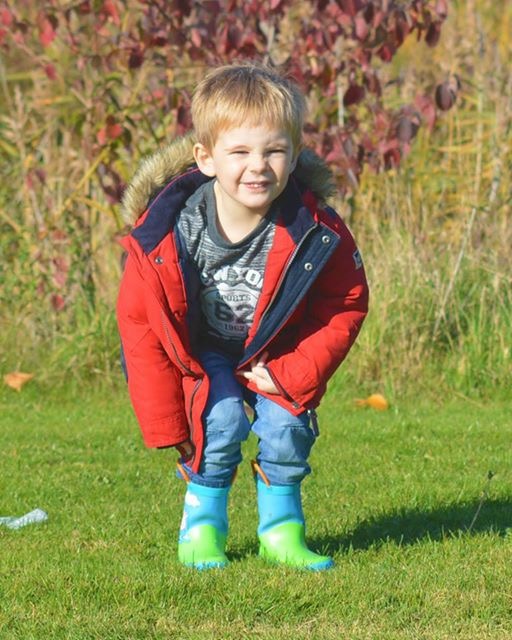When your child has a rare disease, it can be isolating. People may be afraid to ask questions and even back away from you. There are times when you’re sitting next to your child’s bed in yet another hospital room, seeing your child ill, in a lot of pain and waiting on an answer from doctors who don’t understand the condition well — and you feel like you want to scream. It’s like the world is carrying on around you, and you’re stuck in a big dark hole trying to climb out and getting nowhere.

It’s OK to ask for answers about a disease your don’t understand or haven’t even heard of. It’s OK to learn about what our lives are like on a day-to-day basis. What’s not OK, I feel, is to stare at my son when his jaundice appears, or say things like “He’ll grow out of it,” “It’s OK, could be cancer,” or “He looks OK to me!”
If you don’t know about his rare disease, how can you possibly understand what it is like, and how can you comment on it? Every day it’s a challenge to keep him healthy, to protect him from infections and viruses. I watch him like a hawk, ready for that next dash to the hospital when his hemoglobin levels drop rapidly again. I worry about dropping him off at preschool and leaving him. I worry a simple childhood illness could land him in the hospital, or worse, in a coma.
We find the best support in other parents with chronically ill children, as we understand what it is like. If we all keep encouraging people to ask questions and talk about our experiences, then one day maybe these diseases won’t be so unknown. We would like to be asked what his disorder entails, how it affects his everyday life, what we have to do to keep him healthy. Education is key with a rare disease, and the more people know and understand, the more of a chance he has for better care in hospitals and better appreciation of what we go through as a family. I am in the process of raising awareness, and the more people ask questions, the better.
